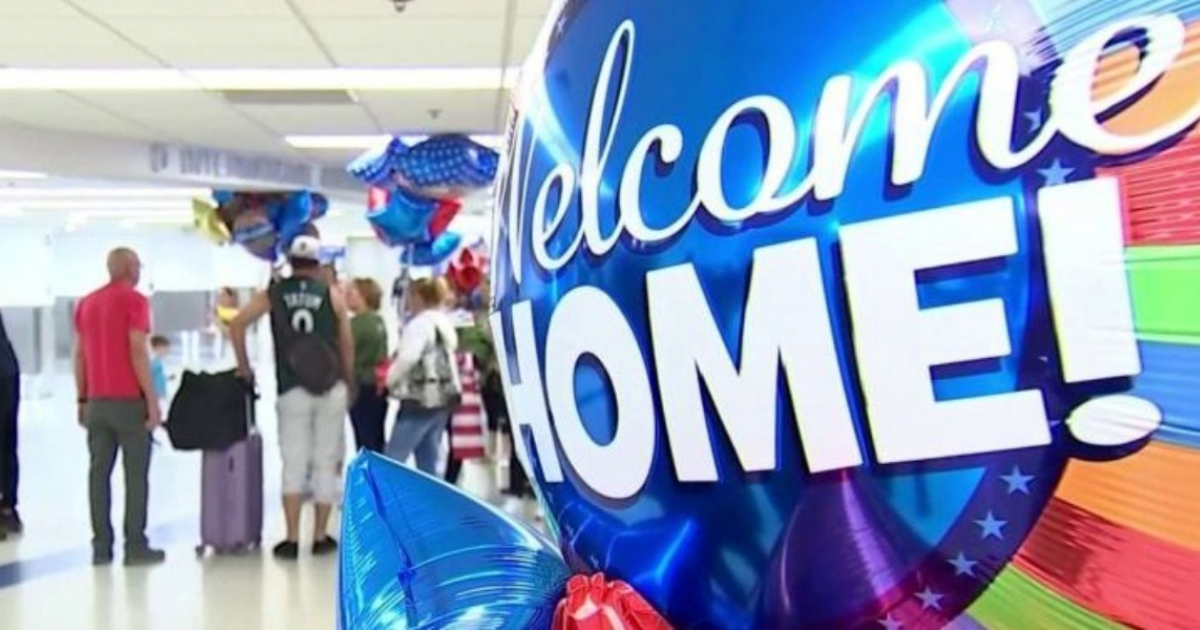
More than 106,000 Cubans have been approved to travel to the United States since the humanitarian parole program began in January 2023 until June of this year, according to official figures from the Customs and Border Protection (CBP) published this Monday.
Until the end of June, a total of 106,757 Cubans, 205,026 Haitians, 93,325 Nicaraguans, and 118,706 Venezuelans benefited from the program, receiving authorization to travel, the agency specified.
Of the Cuban cases examined and approved, 104,130 arrived in U.S. territory and obtained parole. This was also achieved by 194,027 Haitians, 86,101 Nicaraguans, and 110,541 Venezuelans, according to CBP data.
The statistics, released after a year and a half since the Biden administration implemented the regulation, indicate that up to the end of last month, 494,799 Cubans, Haitians, Nicaraguans, and Venezuelans have arrived legally on commercial flights and obtained parole under the program, which grants a maximum of 30,000 visas per month for the benefit of these nationalities.
"This is part of the Administration's strategy to combine expanded legal pathways with stronger consequences to reduce irregular migration," emphasized the CBP statement. "These processes have prevented hundreds of thousands of people from migrating irregularly, often at the hands of smuggling networks."
The figures revealed yesterday also show that 5,930 Cubans managed to enter the U.S. with humanitarian parole in June, as until May, 98,200 citizens from the island had entered benefiting from this program.
However, Haitians continue to be the most favored group in the granting of humanitarian parole and the one with the highest growth in the entry of their nationals to US territory, among the four nationalities that receive this immigration benefit.
The approval of the travel permit does not imply the automatic granting of parole upon appearing before the Customs and Border Protection authorities, who have the authority to grant or deny entry to the country.
This Monday, the Customs and Border Protection Office also revealed that 17,563 Cubans entered the U.S. through land and sea borders during June, a figure that represents the lowest entry in the first nine months of the current fiscal year (FY2024), which began last October.
At the beginning of June, President Joe Biden signed an executive order that prevents irregular migrants from receiving asylum in the United States after crossing the border illegally.
The White House then indicated that the "actions will be in effect when high levels of encounters of illegal migrants at the southern border exceed the capacity to generate timely consequences."
The measures approved by Biden make it easier for immigration officers to expel those migrants who do not have a legal basis to stay in the United States. Another objective is to reduce the burden on Border Patrol agents.
What do you think?
COMMENTFiled under: